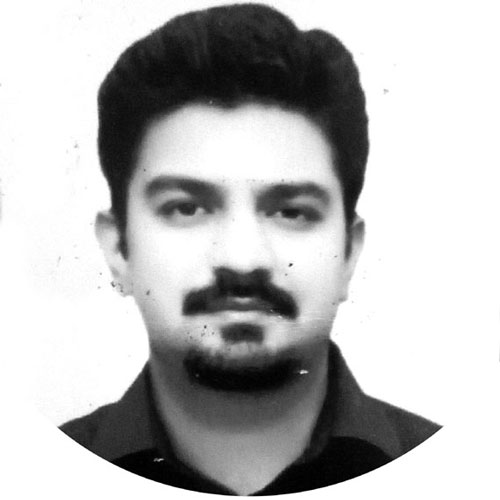The national licencing exam: Confusion and turmoil
IN October 2019, the Pakistan Medical and Dental Council (PMDC) was dissolved and replaced with the Pakistan Medical Commission (PMC); when President Dr. Arif Alvi signed the Pakistan Medical Commission Ordinance 2019.
On 11th February 2020, the Islamabad High Court nullified the Pakistan Medical Commission Ordinance and restored PMDC.
The PMDC was dissolved yet again by a joint session of Parliament on 16 September 2020, by passing a bill to replace PMDC by PMC to ensure standard medical education in Pakistan.
For this purpose the National Licensing Examination (NLE) has been introduced from 2021.
The NLE is a two step exit examination intended for all fresh medical graduates
The first step is theory based and will consist of 200 MCQs, out of which 60 will be from applied basic health sciences and 140 from applied clinical sciences.
The second step will include Clinical Skills Examination (CSE) and will include 20 stations with three must pass stations. The passing score for both these steps is 70%.
There is no limitation of attempts and all students; however after passing the theory exam students will have three attempts to pass the clinical exam, after exhausting which, they will have to appear again in the written exam.
The exam will be held twice a year and all fresh graduates will have to pass both steps of the exam before they get a permanent PMC license to practise medicine in Pakistan. Each attempt will cost PKR 12,000.
The upgradation of the standards of medical education is a regular practice, around the world.
One very pertinent example of this is the United Kingdom Medical licensing exam (UKMLA); a two step licensing exam which is going to be applicable on all international medical graduates and United Kingdom’s own graduates (who were previously exempted from PLAB).
However, the first suggestion for the exam was made in 2005 and the official announcement was made by the General Medical Council in 2017, almost six years before the actual exam is going to be conducted.
On the other hand, PMC is holding the exam within less than one year of introduction of PMC Act.
The NLE is being introduced from 2021 and thus gives rise to the legal conundrum of ex post facto law; hence it cannot be applied to batches admitted to medical colleges before the PMC act was introduced. Therefore students till batch 2024 should be exempted from the exam.
On the 4th of June 2021, PMC for the first time published the preparatory curriculum for the NLE 2021.
This curriculum is based on the curriculum provided by the successor of PMC; PMDC for MBBS. The marks distribution provided for all the subjects is inequitable to say the least.
Holding an exit exam after students have cleared 5 professional exams during the course of their MBBS, further disregards the authenticity of these examinations.
The fee prescribed for each attempt of NLE step one is 12000/- PKR (80/-USD approximately), followed by a similar amount for each attempt of the step 2.
Each year more than 10 thousand new doctors graduate from both private and public sector medical colleges in Pakistan.
This fee structure will prove to be a huge financial burden on the newly graduated doctors, and will simultaneously act as huge financial opportunity for PMC to generate funds.
This decision will also pave the way for a new business of NLE preparatory academies, the example of which can already be taken from the UK entry level examinations
In Pakistan an MBBS degree takes five years, followed by a one year house job/internship. The struggle for post graduation is next inline.
The NLE will further increase the duration spent on attaining a permanent PMC license for further pursuance of a career.
Ironically around a million quacks who work around the country do not have to undergo such staunch requirements, and they play with the lives of populations unsupervised and unchecked.
Burdening the already burdened physicians of Pakistan with new sets of regulations which will cost them in terms of time, effort and money, is unfair in all regards. The exam will be held twice a year, and the two steps will be carried out with a time gap.
Hence young doctors will have to spend a lot of time waiting for examinations, while not being able to generate any sort of professional income.
The exam should be arranged in such a manner that medical students can attempt the various steps during their graduation years, similar to the USMLE.
Improving the quality of medical education is a good initiative, however all useful endeavours need a systematic approach.
The haste shown in implementing the NLE will surely add to the confusion and problems of the young doctors’ community of Pakistan.
In the present situation of the Covid-19 pandemic, the health system is constantly in need of new professionals, however new developments that make the work environment of doctors harsher will surely accelerate the brain drain of young medical professionals from the country.
As a result of the pandemic, the world has realized how important doctors are for every country, and if career options are limited in the developing world for doctors, surely most of them will opt for greener pastures abroad.
—The writer is Assistant Professor Public Health, Islamabad Medical and Dental College.










